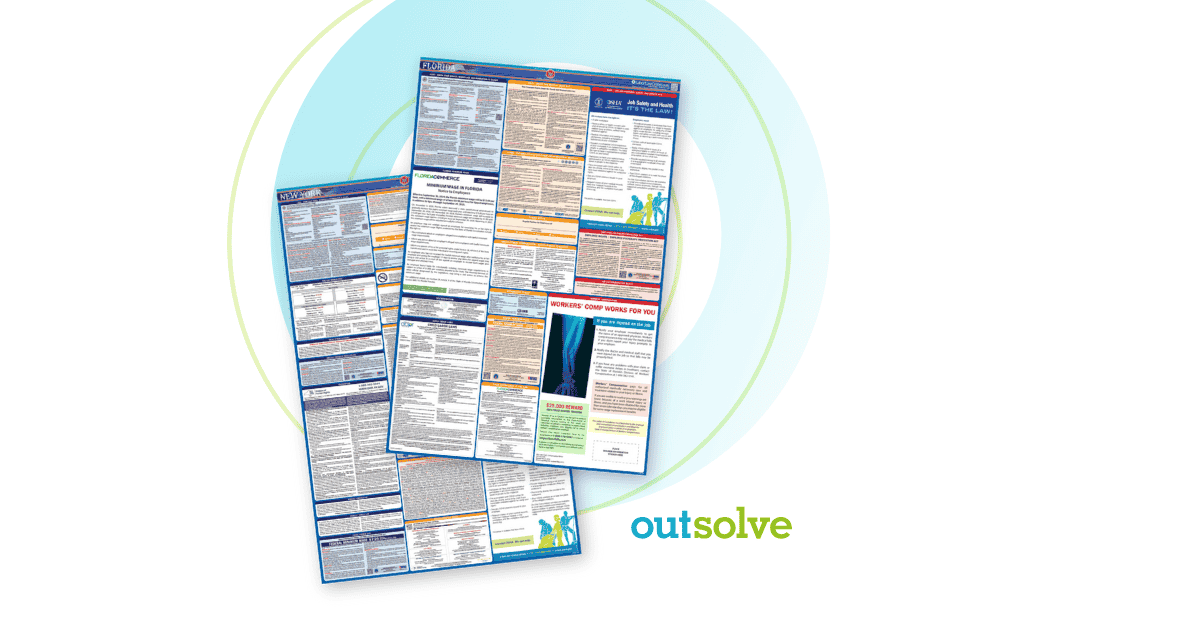2 min read
Employer's Guide to New Pay Transparency Regulations in Minnesota and Maryland
 Debra Milstein Gardner
:
Jun 7, 2024 10:45:00 AM
Debra Milstein Gardner
:
Jun 7, 2024 10:45:00 AM

Starting in late 2024 and early 2025, Minnesota and Maryland will implement new pay transparency laws requiring employers to include detailed compensation information in job postings. These laws are part of a growing trend aimed at promoting wage transparency and preventing wage discrimination. Here's a breakdown of what employers in these states need to know to ensure compliance.
Maryland's Wage Transparency Law
Starting October 1, 2024, Maryland's new wage transparency law (SB 525/HB 649) will require all public and private employers to include detailed compensation information in all job postings. The law covers job positions performed at least partially in Maryland, including remote and hybrid roles.
Job postings must include:
Wage Range: Minimum and maximum hourly or salary wage, determined in good faith.
Benefits and Other Compensation: A general description of benefits and any other compensation (e.g. bonuses, commissions).
If no job posting is made, employers must disclose this information before discussing compensation with the applicant and upon the applicant's request.
Record Keeping: Maintain records of wages, job classifications, and other employment conditions for three years after a position is filled or the job posting is made if the position remains unfilled.
Enforcement and Penalties:
First Violation: Compliance letter from the Maryland Department of Labor.
Second Violation: Civil penalty up to $300 per affected employee or applicant.
Subsequent Violations: Up to $600 per affected employee or applicant within three years of a prior violation
Minnesota's Pay Transparency Law
Effective January 1, 2025, employers with at least 30 employees at one or more sites in Minnesota must adhere to these requirements to ensure compliance with the newly established Minnesota Statutes section 181.173. This includes a broad spectrum of employers such as individuals, nonprofits, groups of persons, governmental subdivisions, corporations, and partnerships.
Job Posting Must Include
Starting Salary Range: Minimum and maximum annual salary or hourly range based on a good faith estimate.
Benefits and Other Compensation: A general description of all benefits and other compensation, including health and retirement benefits.
Scope: Applies to all job postings, whether posted electronically or in hard copy, and includes postings by third-party recruiters.

State pay transparency laws are becoming increasingly prevalent. Maryland and Minnesota join at least 15 other similar state and local pay transparency or pay equity laws. Fourteen states have also proposed similar legislations.
Employers in both states should take the following proactive steps to align with these new regulations:
• Review compensation policies to ensure wage rates are set consistently and equitably.
• Update job posting practice to include required wage and benefits information in all job postings.
• Educate HR teams and hiring managers on the new laws and the importance of wage range disclosure.
• Adjust HR systems to automatically include required compensation information in job postings.
• Maintain detailed records to keep thorough records of wages and employment conditions for at least three years.
By adhering to these new pay transparency laws, employers in Minnesota and Maryland can promote fair pay practices and build greater trust with their employees and job applicants. OutSolve experts can assist your organization proactively planning for these changes. Contact us today.
Debra Milstein Gardner has worked in the Equal Employment Opportunity (EEO) and Affirmative Action (AA) space for the past 43 years while working in the public and private sectors in various human resources compliance roles. She began her career working for the Equal Employment Opportunity Commission and then went to the Marriott Corporation for nine years working in EEO, Affirmative Action and field human resource roles. In 1990, Debra founded Workplace Dynamics LLC providing EEO, AA, and DEI consulting services to government contractors. In 2016, Debra sold the affirmative action portion of Workplace Dynamics to OutSolve LLC and works part-time as a Market Analyst. Debra is a sports fanatic, routing for the Baltimore Ravens and all Virginia Tech Hokie teams. She loves to hike and boat in her mountain and lake community of Lake Lure, NC.
Recent Posts
Related Posts

The Ultimate Guide to Multi-State Labor Law Posters
Human Resources professionals understand how important and challenging it can be to remain updated and compliant with labor laws. This is especially...

Countdown: Final Days of the 90-Day Safe Harbor Period for AAPs
April is here and with that comes the end of the 90-day safe harbor period for federal contractors complying with EO 11246. As April 21, 2025,...

What Triggers an I-9 Audit? Key Factors You Should Know
Verifying proper identity and work authorization documentation for every employee is a crucial HR compliance function - not just for a company’s...


